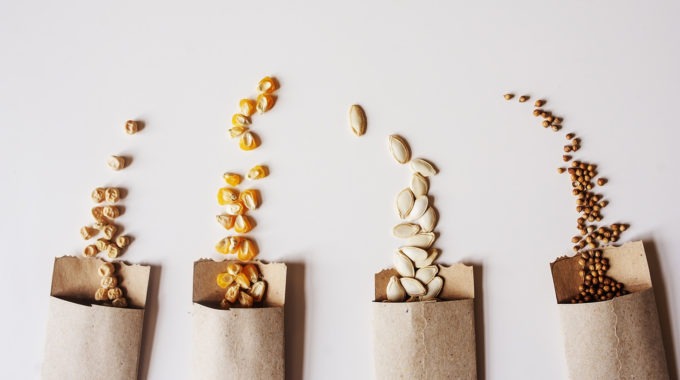Nurturing nature: the art of seed saving
Seeds are the source of life, and while they may be small, they are also mighty. The simple act of saving and sharing seeds within your own community can be a rewarding way to reconnect with that powerful life force, while at the same time ensuring a secure and safe local food supply for the future. Seed saving networks are also a positive and healthy way to connect with others, to share knowledge and to build community resilience – and at times such as these, such networks truly come into their own.
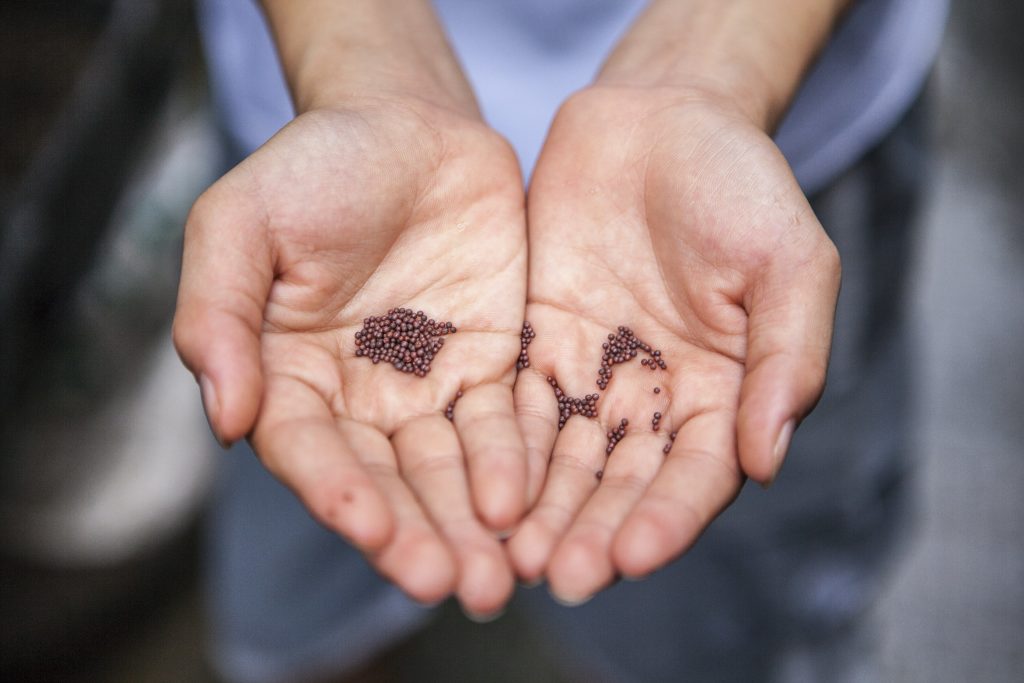
What is seed saving?
It’s just what it says it is. Saving seeds from plants that you choose, to regrow them again next season. Seed saving can be like playing a part in natural selection. If you save the seeds from your biggest and best vegies, then replant them each season, you’ll ultimately end up with lots more bigger and better vegies. Humans have been saving seeds for centuries. In the case of Indigenous Australians, it’s been done for millennia.
“The whole point of seed saving is so that human beings can have a close connection with and control over our food,” says Arian McVeigh, founder of Canberra Seed Savers, a not-for-profit cooperative in our nation’s capital. The cooperative is a network of like-minded people – everyone from urban-dwelling public servants and students to community gardeners and farmers – who grow, save and share open-pollinated heirloom food seeds.
“You grow a seed, you look after the plant and you harvest what you can eat from it,” McVeigh continues. “Then you select the best one you’ve got/ Let it live out the rest of its life, let it flower and attract pollinators. When it sets seed, you collect that seed, you save it or you share it with other people. Then you plant it all over again next season.”
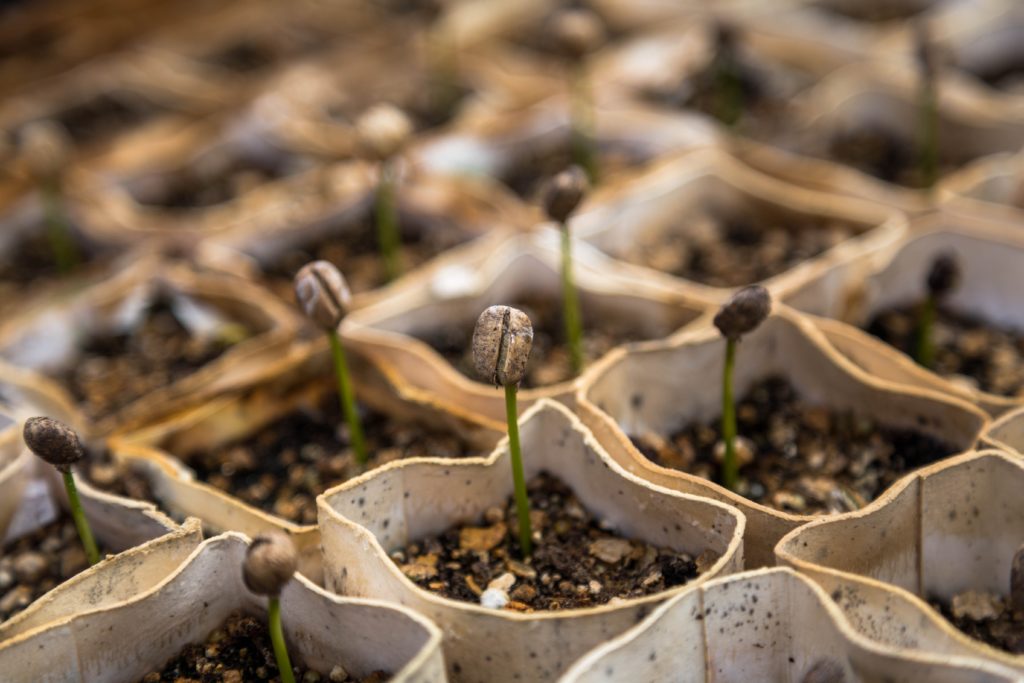
A living seed bank
By creating a local network of seed savers, McVeigh and her group are effectively building a living seed bank for their community. The group swaps and shares seeds, holds educational activities and workshops, runs a mobile seed library and pools knowledge and experience for the benefit of all. And it’s all done out of love – for seeds, for plants and for the planet.
Canberra Seed Savers is not unique. There are seed saving groups and networks all over the country and the world. But no matter how far the global reach of seed saving organisations, ultimately it remains a grassroots, community-focused initiative.
“We’re a backyard, amateur sort of outfit,” McVeigh says. “And deliberately so. What we want to do is help people rediscover the art and culture of seed saving. It’s something that’s been with us for as long as agriculture has. We want to demystify it. We want to make it something simple that everyone can do, something that we can all do together.”
To be a seed saver, you don’t need a lot of resources, expertise or fancy equipment. The beauty of growing your own food, and in turn saving your own seed, is that you can do it anywhere. In your backyard, or even in a pot on your apartment balcony.
“Seed saving is about multiplying seeds and sharing seeds and having that real resilience in our local food system that comes from having our own local seed,” McVeigh says. “But it’s also about community resilience. Connecting as many people as possible.”
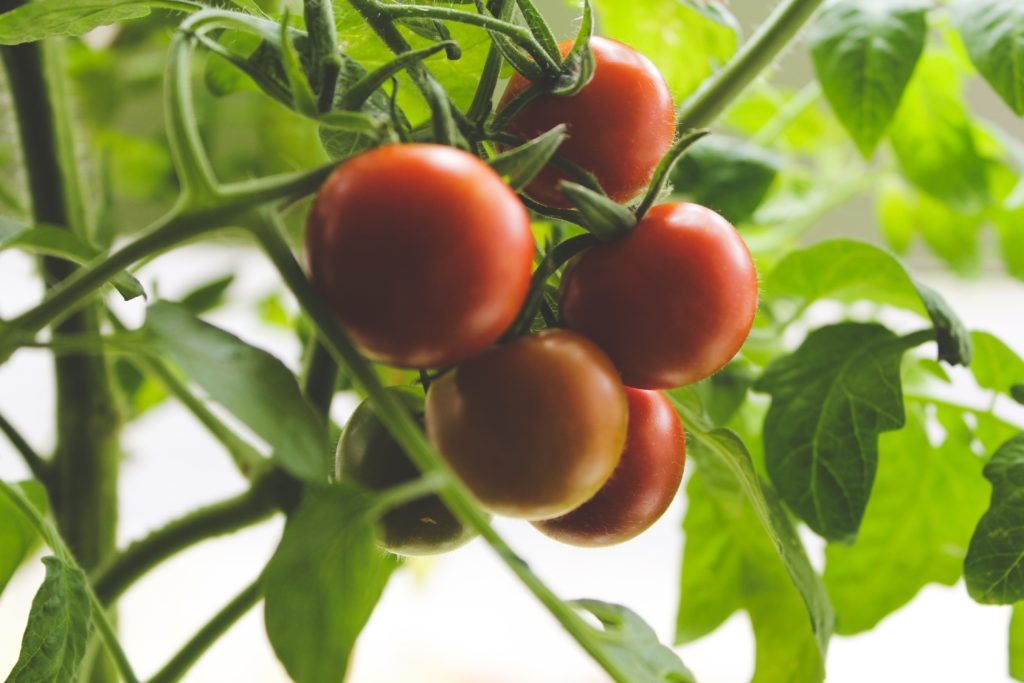
Intelligent design
Canberra Seed Savers shares open-pollinated, locally-adapted seeds. These are seeds that have adapted to thrive in the local environment in which they’re grown. Open-pollinated, or heirloom or heritage, seeds differ from hybrid or commercial seeds, in which the seed genetics haven’t stabilised. Heirloom seeds will grow identical plants season after season. Hybrids can produce something less predictable.
“Seeds are intelligent,” McVeigh says. “A seed is a perfect little capsule of life, and it contains within it a long genetic history. Over millennia, people have planted seeds and selected the best of those plants and bred them together to create amazing new ones.
“The reason they can do this is because seeds learn and adapt. They learn the conditions of where they are from season to season, and learn how to cope with that environment. It’s a really important thing for climate change, and for future-proofing our food system.”
By sharing locally-adapted seeds that are thriving in the local environment, seed savers are also doing their bit to help the seeds as they learn and adapt.
“I think of seed saving as a partnership between human intelligence and natural plant intelligence,” McVeigh says. “It’s about stewarding the seed through its generations.”
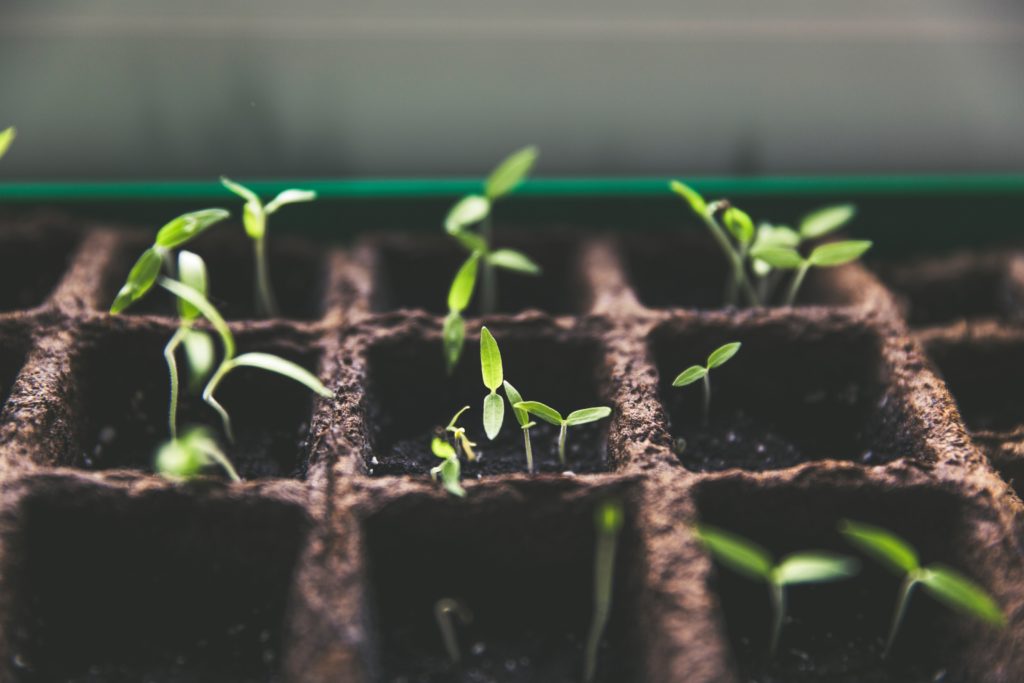
Sharing is caring
During the recent lockdown, Canberra Seed Savers showed their commitment to community resilience by donating seeds and seedlings to those in need – or simply those who couldn’t get their hands on seeds and seedlings at Bunnings anymore.
“Normally we might sell a few seeds, as a bit of a fundraiser,” McVeigh says. “As we’re not-for-profit we don’t get into big scale selling. But at the start of COVID, people were coming to us saying, ‘There’s no seeds anywhere in this country! Have you got any seeds?!’”
McVeigh’s group swung into action, holding a seed giveaway for anyone who wanted them. But once the lockdown started to drag on, the group saw they could do something more.
“We realised not everyone feels confident growing from seed,” McVeigh says. “So, we decided to take the opportunity to not just get seeds out there but also to find a way to help people who might be having a hard time. One thing we’re good at? Growing seedlings.”
The group reached out through the network and found a small army of volunteer seedling growers, who were then distributed with seeds. By May, working together with other community organisations such as Canberra Relief Network, Canberra Seed Savers were able to distribute those seedlings to anyone who wanted to try growing their own food and cutting back on food bills, or who just needed a little bit of joy in their life.
“It’s gone really well; we got hundreds and hundreds and hundreds of pots out there,” McVeigh says. “But leading into winter isn’t the peak growing season in Canberra, so we’re going to do it all again in spring, which is going be fun, because we’re looking at a much bigger scale. I’m talking thousands and thousands this time.”
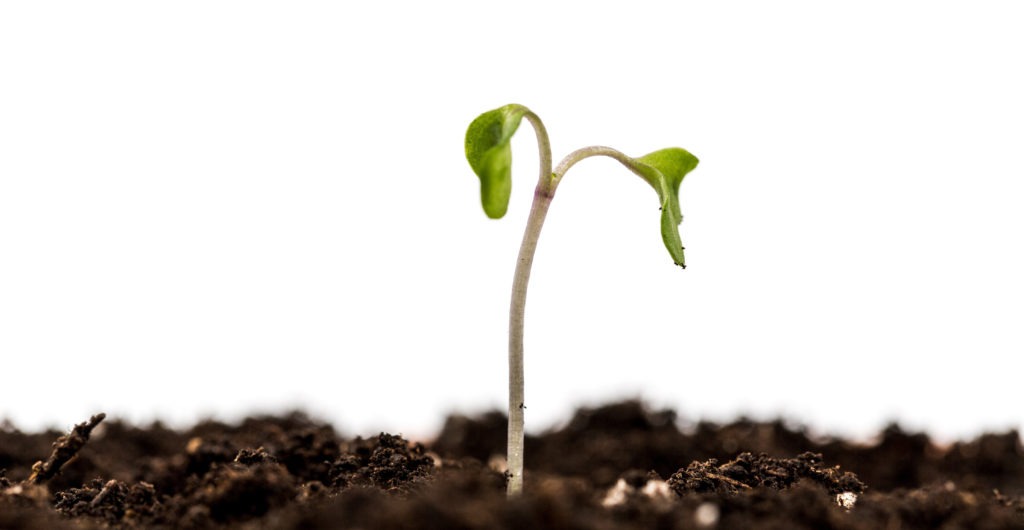
No seeds, no food
While there is a great deal of wisdom and culture in seed saving, and much to share and learn, the act of saving seed itself is also very simple.
“Sure, there’s stuff to know and it’s great to make a connection with others so you can share tips and tricks about growing in your own area and share seeds,” McVeigh says. “But really it’s just a matter of working with nature and letting her do what she wants to do.
“Then when you start really getting into it, you meet other people who are into it, which leads to more ideas and more connection. That’s the best thing, especially if you’re having a hard time – that connection with other people and community and the feeling that you’re making something happen. For me, it’s been a really fantastic journey.”
Seed saving is certainly nothing new, but much like those clever seeds, groups like Canberra Seed Savers have managed to evolve and thrive in the challenging new environment of COVID-19. However, the simple act of saving and sharing seed can do more than just support a community in a time of need. It also reminds us what’s really important in life.
“Seed saving is part of an international movement,” McVeigh says. “Peasants have been fighting against the commodification of seeds for years. Capitalist industrial agricultural systems want to take ownership of seeds; to take them out of community ownership.
“For us, that’s a really important thing to stay vigilant about. But really, at heart, what we want to do is help people understand the absolute fundamental basis of our lives: no seeds, no food. And once we lose control of our seeds, we have no control over our food system.”
You can find out more about Canberra Seed Savers at canberraseedsavers.org.au


